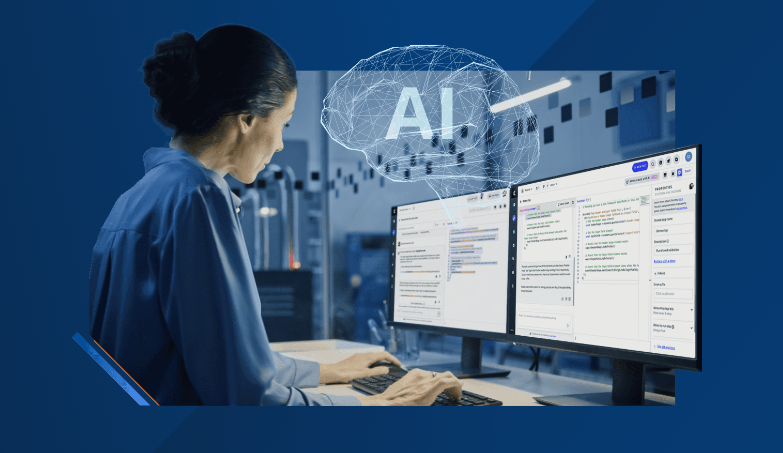Tricentis ships qTest Copilot for developer QA
Developer and quality assurance teams today are looking to drive meaningful and measurable improvements to the test coverage of their applications, while driving significant productivity gains.
This is the ground zero statement that comes from Mav Turner in his role as chief product and strategy officer at Tricentis.
His comments are made in line with the continuous testing and quality engineering company now coming forward with an expansion of its test management and analytics platform, Tricentis qTest in the form of Tricentis qTest Copilot.
In terms of the product, qTest Copilot is a generative AI assistant that automatically drafts test cases and test steps based on source documents and user requirements, rather than teams having to use manual approaches.
Embedded into the newest version of the qTest platform, qTest Copilot combines Tricentis’ test management technology, with new AI-augmented features to allow QA and developer teams to greatly accelerate software delivery.
Unidentified quality gaps
Users can create test coverage of any application, as well as explore unidentified quality gaps by broadening the test scope to include tests for additional scenarios and unexpected events.
“Feedback from our beta programme suggests that qTest Copilot is enabling users to create complex test cases far more quickly than ever before, while also identifying gaps in test coverage that might have otherwise been overlooked,” said Turner. “By automating these critical testing steps, teams can focus their efforts on higher-value activities, ultimately accelerating delivery timelines and improving overall software quality.”
The addition of generative AI features into qTest is said to enables more common and consistent test case descriptions, which both new and existing teams can use to create standards for how test cases are written across their entire test coverage.
Copilot controls
Other features include the ability to select and easily control which projects and users are enabled for qTest Copilot. Developers can also approve drafted test cases after modifying, deleting, or creating new steps as needed.
Tricentis research suggested that DevOps practitioners ranked testing as the most valuable (60%) area of AI investment across the software delivery lifecycle, and almost one third (32%) of respondents estimate AI-augmented DevOps tools will save teams over 40 hours per month—equivalent to an entire workweek.
Further features will follow in 2025, including increased functionality for test case discovery, whereby users can map requirements to existing test cases, as well as test case and requirement review, which aims to analyse and improve the quality of existing assets in the qTest environment.




